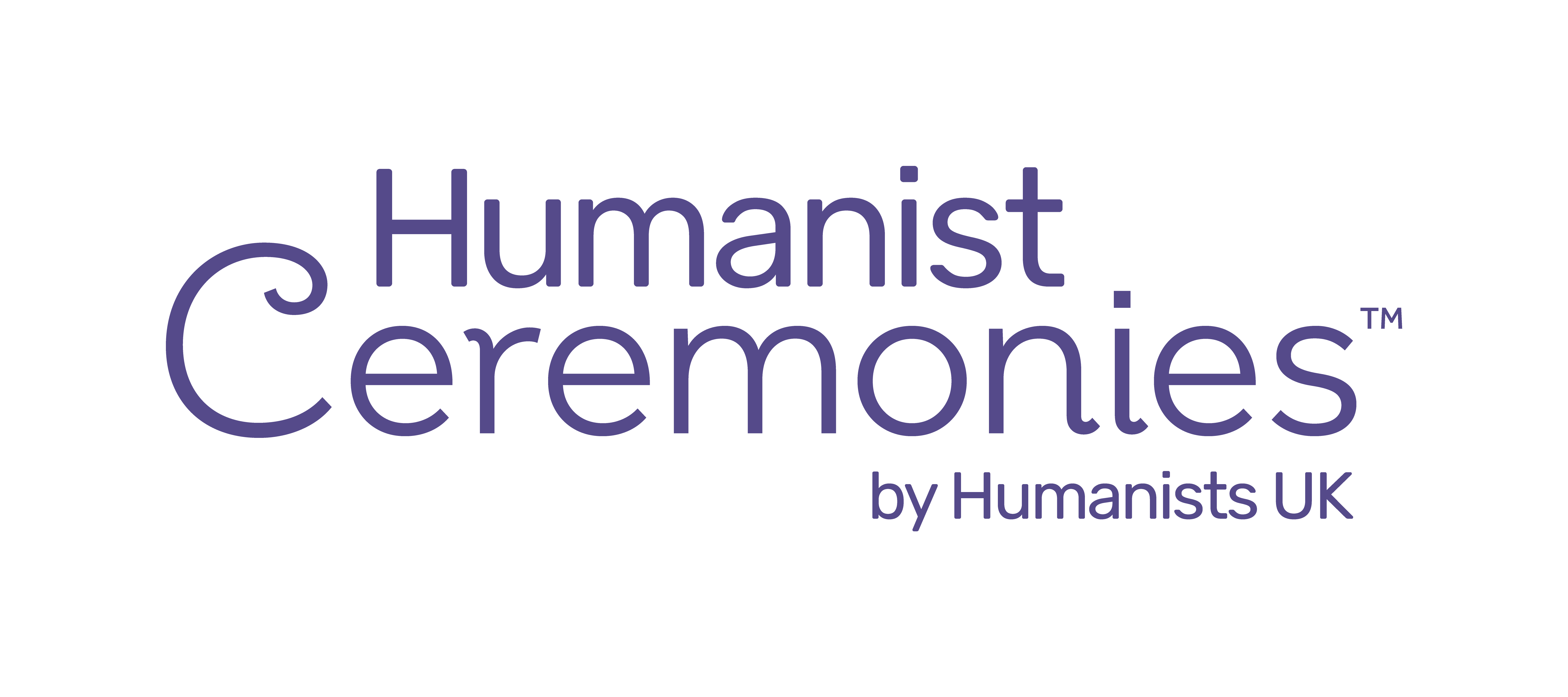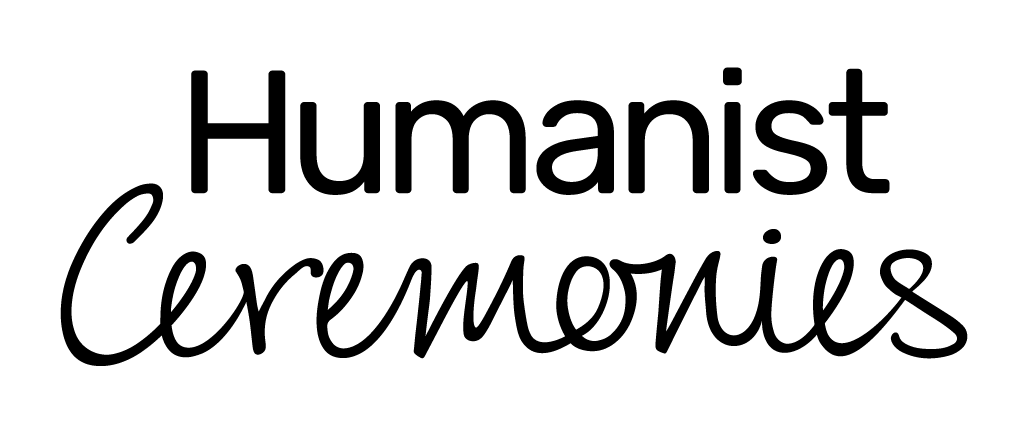Funerals
Humanist funerals are a chance to celebrate the life of someone, in a way that best represents them as an individual, and that will resonate with family and/or friends. They’ve become increasingly popular as people realise that they can have a non-religious funeral that recognises the person who’s died as an individual and reflects their wishes or beliefs.
Here are some frequently asked questions:
Is all religious content banned from humanist funerals?
No. As a humanist, I respect that people hold individual beliefs and sometimes it may help for someone in the family or friendship group of the deceased to include a hymn, poem or religious ritual that is relevant or important to them. However, the most important thing is to respect the wishes of the deceased and therefore, in choosing a humanist funeral, a request for any religious content to be included must be considered carefully. Also, as a humanist celebrant, I would not read or sing any religious text as it would not be authentic.
Do you have to be a humanist to have a humanist funeral?
Again, no. Many people consider themselves to be atheist, agnostic, sometimes even ‘spiritual’, but they share humanist beliefs. You don’t have to identify as a humanist to share humanist beliefs, or have a humanist ceremony of any kind.
There is this useful quick quiz online if you want to see how humanist you are: How humanist am I?
What’s in a humanist funeral ceremony?
A typical funeral ceremony is about 30 minutes and could include:
- Entrance music (whilst people are being seated and if/when the coffin arrives)
- Words of welcome
- Thoughts on life and death.
- The Tribute: a personal celebration of the life lived by the deceased, perhaps also stories, relevant readings, poems, music etc.
- The Reflection. Music is often played and perhaps a ritual, such as laying a flower on the coffin.
- Final farewell (also known as The Committal)
- Closing words of comfort
- Exit music
How do we organise a humanist funeral ceremony?
I spend time with the chief mourner/s, which we can do online, or in person, discovering the stories and learning about the person. We might generate some ideas from their own life story. There might be particular people who want to be involved in the ceremony.
Following a meeting, I’ll draft the funeral ceremony, including the Tribute. I’ll also do some research and suggest some texts, or other ideas, to create a memorable, meaningful ceremony.
The chief mourner/s always have the opportunity to approve the funeral ceremony script.
Often people find this gentle, holistic and humanist approach is helpful and brings some comfort in a time of grief.

